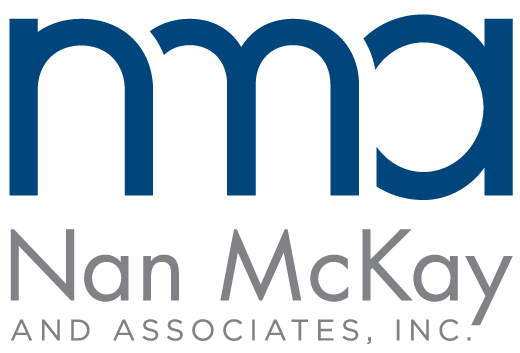What you need to know about Section 3: Part I
Section 3 of the Housing and Urban Development Act of 1968 requires recipients of HUD funding to create job training, employment, and contract opportunities for low- and very low-income individuals. When you think of HUD funding, it's probably subsidized housing that comes to mind. However, HUD also provides financial assistance to community centers, libraries, parks, and local road improvement, among other things.
The intent of Section 3 is to provide these opportunities to the "greatest extent feasible," as outlined in 24 CFR 135.30. This means that other procurement considerations are subordinate to Section 3 goals, and that cost considerations are insufficient grounds for awarding contracts to firms that are not Section 3-compliant.
- Part I: Why does it matter?
- Part II: Is my PHA subject to Section 3?
- Part III: What are my PHA's responsibilities?
- Part IV: Can you recommend some Section 3 best practices?
Why does it matter?
One word: FHEO. The Office of Fair Housing and Equal Opportunity (FHEO) is monitoring Section 3 compliance, and that means it's high on HUD's radar. HUD, FHEO, and the Department of Justice (DOJ) have all stated recently that Section 3 will be a priority for enforcement. PHAs, cities, counties, and even states have been put under voluntary compliance agreements (VCAs) for not adequately implementing Section 3 requirements.
FHEO has also invited businesses and low-income persons to learn more about Section 3 by contacting an FHEO representative at their local HUD field office. Section 3 residents, businesses, or a representative of either may file a complaint if they believe that a violation of Section 3 requirements has occurred where a HUD-funded project is planned or underway. Complaints will be investigated; a complaint that cannot be resolved voluntarily may result in an administrative hearing.
Who are Section 3 residents?
Section 3 residents include not just public housing residents, but also YouthBuild participants and low- and very low-income persons. Low and very low-income household limits are determined annually by HUD. These limits are typically established at 80 percent and 50 percent of the median income for each locality by household size or the number of people residing in the house. (You can find them online here.) Housing choice voucher (HCV) families are not automatically considered Section 3 residents, but can qualify on the basis of income.
Who receives Section 3 priority?
For training and development, priority is given to persons in public and assisted housing, persons in the area where the HUD funding is provided, and homeless persons.
Priority is also given to participants in HUD's YouthBuild programs. In a recent letter posted to the Section 3 website, HUD and the Department of Labor (DOL) announced a partnership in support of YouthBuild, which provides employment and training opportunities for disadvantaged or at-risk youth. The goal of the partnership is to increase apprenticeship opportunities by connecting Section 3-covered contractors and YouthBuild graduates. According to the letter, contractors that sponsor YouthBuild graduates will increase the competitiveness of their proposals when bidding on HUD-funded construction projects. YouthBuild administrators are prepared to market the availability of training opportunities to local Section 3-eligible residents, particularly those residing in public housing.
For contracting, businesses that meet the definition of a Section 3 business concern receive priority.
What is a Section 3 business concern?
A Section 3 business concern is defined as a business that:
- Is owned (51 percent or more) by Section 3 residents; or
- Employs Section 3 residents as at least 30 percent of its full-time, permanent staff; or
- Provides evidence of a commitment to subcontract to Section 3 business concerns for 25 percent or more of the awarded contract
In Part II, we'll discuss which PHAs are subject to Section 3 and provide some important Section 3 definitions and examples.
NMA senior associate Cara Gillette trains, consults, and provides technical assistance nationwide in fair housing, public housing management, hearings, economic self-sufficiency, and governing boards. Prior to joining NMA, she administered public housing and Section 8 waiting lists, served as hearing officer, managed public housing, and oversaw resident economic development programs at the San Diego Housing Commission. She has previously written for the NMA blog on how to work with sequestration in the public housing program.
Looking for further guidance? We can bring our Procurement and Section 3 seminar to your PHA. Email sales@nanmckay.com for more information about our affordable onsite training options.
